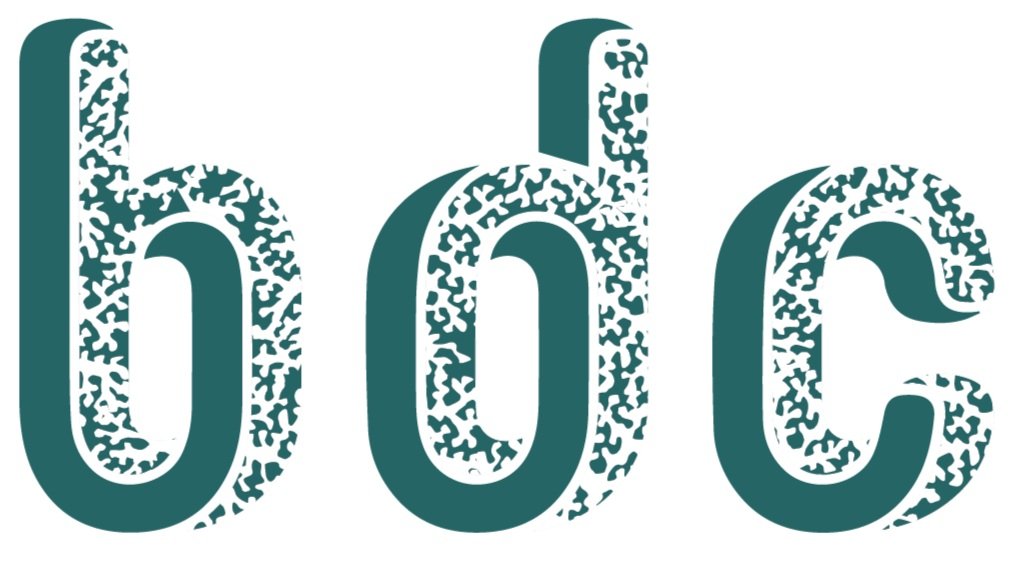Science Sandbox Joins as a Partner for BDC 2020
We’re excited to announce a very special partnership with Science Sandbox, an initiative of the Simons Foundation. Together, our two organizations have developed a new prize category for BDC 2020!
The Science Sandbox Prize for Public Engagement will push students to explore the myriad impacts biotech can have on society, from challenging concepts of human identity to redefining social relationships, to ultimately influencing humanity’s position in the living world.
This year, Science Sandbox is also expanding its BDC travel awards program. In an effort to ensure that cost is not holding students back, BDC and Science Sandbox will offer five travel awards to student teams for BDC Summit 2020 (three US-based and two international). This effort has had a huge impact on BDC and its participating schools. We’re extremely happy to see the program grow.
Science Sandbox has been a major supporter of science outreach for many years. Its work has inspired deeper interest in science among the US public. As executive director of BDC, I’m proud to continue our collaboration for a second consecutive year.
About the Prize:
The Science Sandbox Prize for Public Engagement is awarded to the team whose project best explores the multitude of impacts biotechnology can have on society. Projects should amplify public discussion on desirable and undesirable biotech futures. Students should engage audiences with projects that challenge cultural norms around human identity, social relationships, and ultimately humanity’s place in the living world.
About the Travel Awards:
With support from Science Sandbox, BDC will offer needs-based awards for five under-resourced teams that would otherwise be unable to participate in BDC Summit 2020. Three teams will be US-based and two will be international. Applications for the travel awards will open in April 2020.
About Science Sandbox
Science Sandbox is an initiative dedicated to inspiring a deeper interest in science, especially among those who don’t think of themselves as science enthusiasts. They support and collaborate with programs that unlock scientific thinking. Their projects and partnerships reinforce a powerful notion: You don’t have to be a scientist to think like a scientist.
